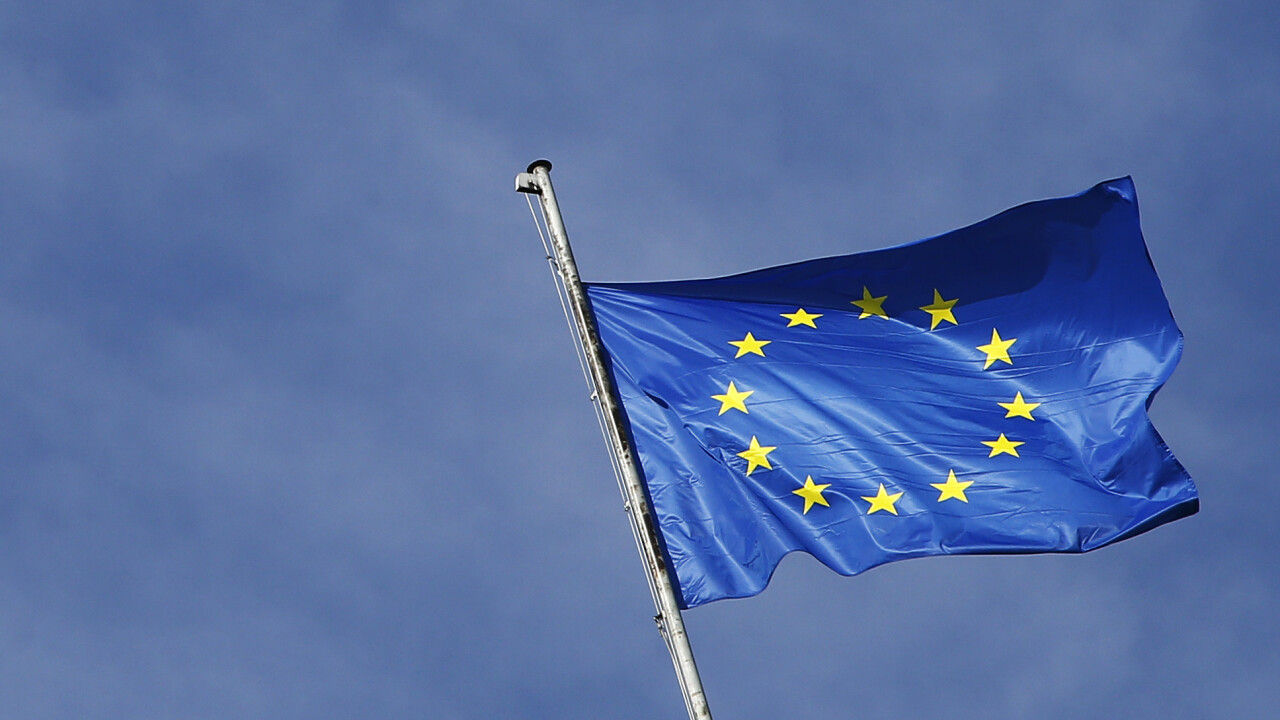
EU lawmakers have rejected a controversial plan to require parental consent if people under 16 want to use online services, but countries will now be free to set their own age limits.
Put forward as part of the EU’s data protection law reform, which is designed to make a single set of rules for the region, this could cause an even greater issue if different nations opt to change the age limit at which young people can use the Web.
Most EU countries have a lower limit of 13, which is endorsed by most major tech companies, while Spain requires its citizens to be 14-years-old before they access these platforms.
The new rules will also clarify a general right to be forgotten online, something that sounds great in principle but has already caused headaches, confusion and controversy for Google.
Since the search engine takedown policy was brought in last May, Google has received 348,085 requests to remove links covering 1,234,092 different URLs.
The guidelines say that: “when you no longer want your data to be processed, and provided that there are no legitimate grounds for retaining it, the data will be deleted.”
The EU will also require companies to let you know if your data has been hacked.
This comprehensive new set of rules, which also covers personal data protection, cyber crime and business regulations, has been in discussion since 2012 and isn’t set to come in for another two years.
The BBC has claimed that all of these changes could cost tech companies that do no comply up to a whopping 4% of their global annual turnover.
For a company like Apple, for example, with revenue of $233bn this year, that fine could almost reach an eye-watering $1obn.
➤ Agreement on Commission’s EU data protection reform will boost Digital Single Market [European Commission]
Get the TNW newsletter
Get the most important tech news in your inbox each week.




